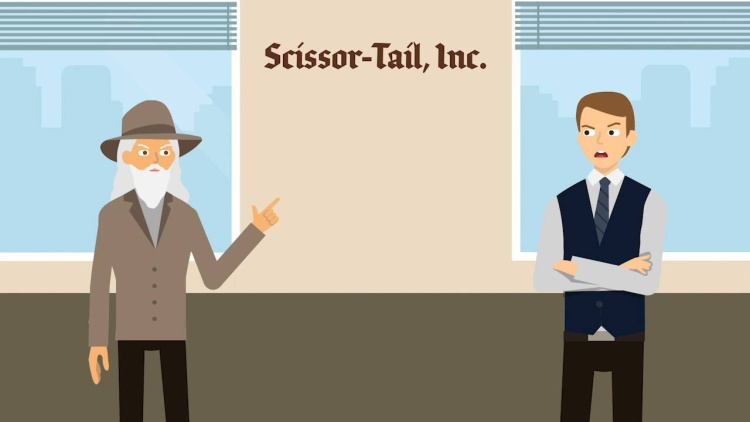Graham v. Scissor-Tail, Inc.
California Supreme Court
28 Cal.3d 807, 171 Cal. Rptr. 604, 623 P.2d 165 (1981)
- Written by Craig Conway, LLM
Facts
Bill Graham (plaintiff), an experienced musical concert promoter, entered into a contract with Scissor-Tail, Inc. (defendant), a company representing recording artist Leon Russell, to establish a multi-city concert tour where Russell would give performances. Graham signed four, standardized, identical forms known as “American Federation of Musicians (AFM) Form B” contracts. AFM is a union representing musicians and other entertainers. A provision in each of the contracts provided that any dispute that arose between Graham and Scissor-Tail would be arbitrated by AFM’s international executive board. Russell’s subsequent concert performances failed to generate the expected profits and resulted in a falling out between Graham and Scissor-Tail. Graham filed suit against Scissor-Tail for breach of contract, declaratory relief, and rescission. Scissor-Tail moved to compel arbitration which the trial court granted. After the international executive board arbitrator ruled in Scissor-Tail’s favor, Graham filed a petition in the trial court to have the award vacated. The trial court denied Graham’s petition and confirmed the international executive board’s award in Scissor-Tail’s favor. The California Supreme Court granted certiorari to review.
Rule of Law
Issue
Holding and Reasoning (En Banc.)
What to do next…
Here's why 907,000 law students have relied on our case briefs:
- Written by law professors and practitioners, not other law students. 47,100 briefs, keyed to 996 casebooks. Top-notch customer support.
- The right amount of information, includes the facts, issues, rule of law, holding and reasoning, and any concurrences and dissents.
- Access in your classes, works on your mobile and tablet. Massive library of related video lessons and high quality multiple-choice questions.
- Easy to use, uniform format for every case brief. Written in plain English, not in legalese. Our briefs summarize and simplify; they don’t just repeat the court’s language.





